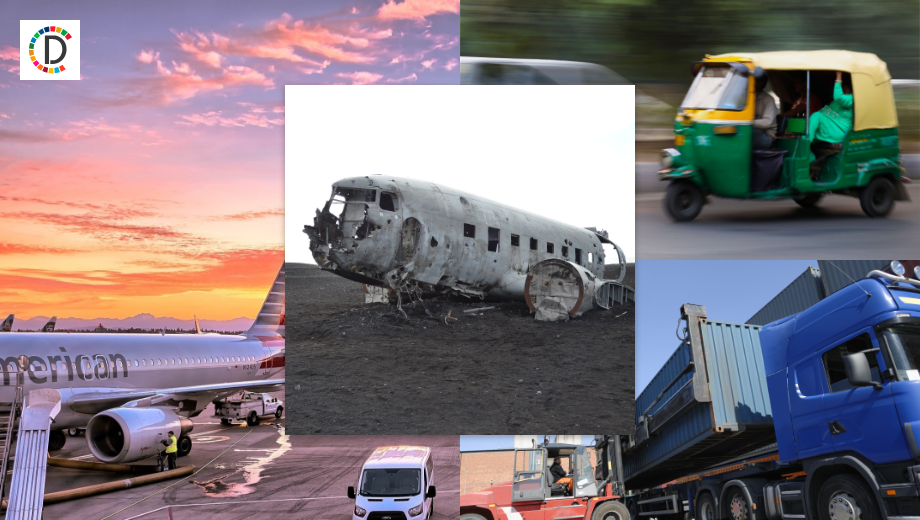Controversy Arises Over Jeju Air Crash Investigation Findings
A preliminary investigation into the Jeju Air crash in South Korea shows human error may have contributed, sparking backlash from families and pilots. The report suggests the less-damaged engine was shut down, raising questions about the integrity of the findings and the responsibility placed on the deceased pilots.

- Country:
- South Korea
The initial findings of a probe into the Jeju Air crash in South Korea suggest a potential human error, as pilots reportedly turned off the plane's less-damaged engine. This revelation has sparked outrage among families and fellow pilots, who accuse authorities of shifting blame onto the deceased crew.
The Aviation and Railway Accident Investigation Board planned to release the engine investigation results, but a press briefing was canceled after protests from victims' relatives. Critics claim the findings lack independent, reliable evidence and fail to fully account for the crash's complex factors, such as infrastructure and emergency training.
Officials maintain the investigation intended to be unbiased and thorough, amid accusations of protecting governmental interests. The final results of the investigation are expected to be published by next June, as stakeholders continue to demand transparency and accountability.
(With inputs from agencies.)










